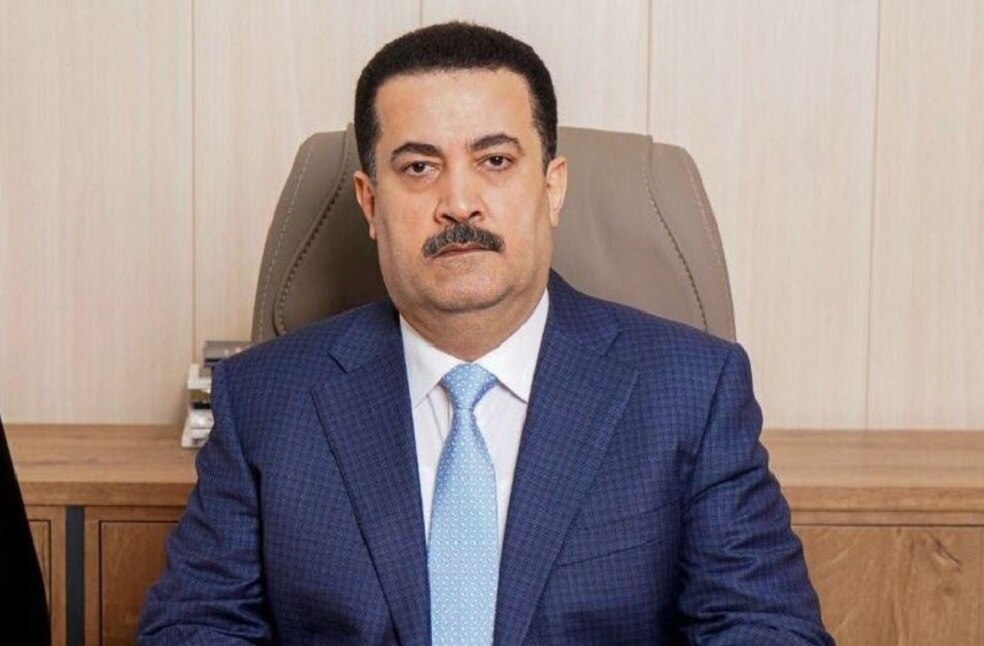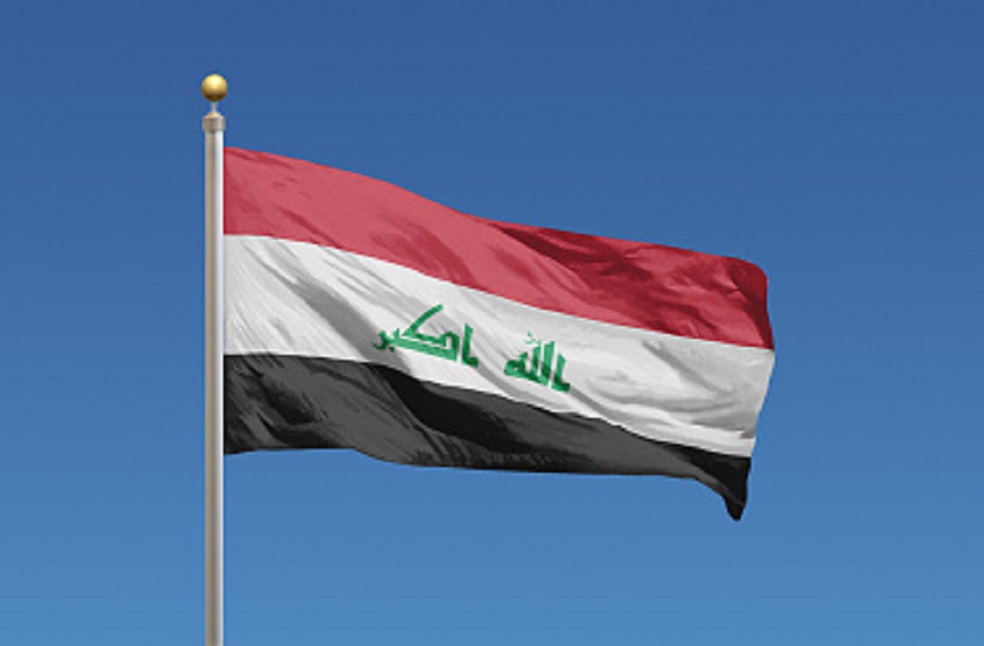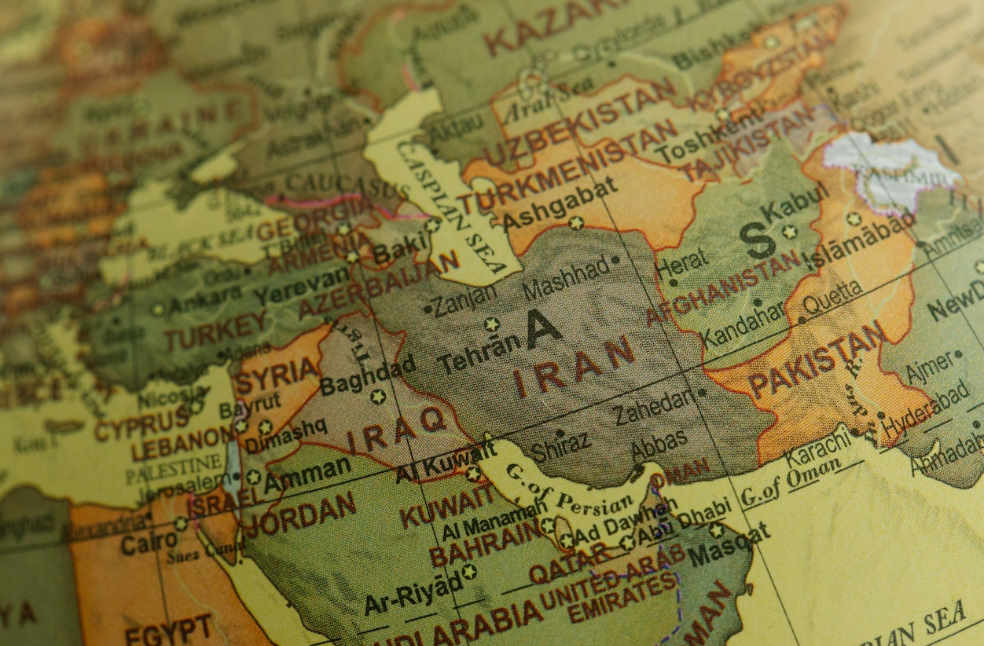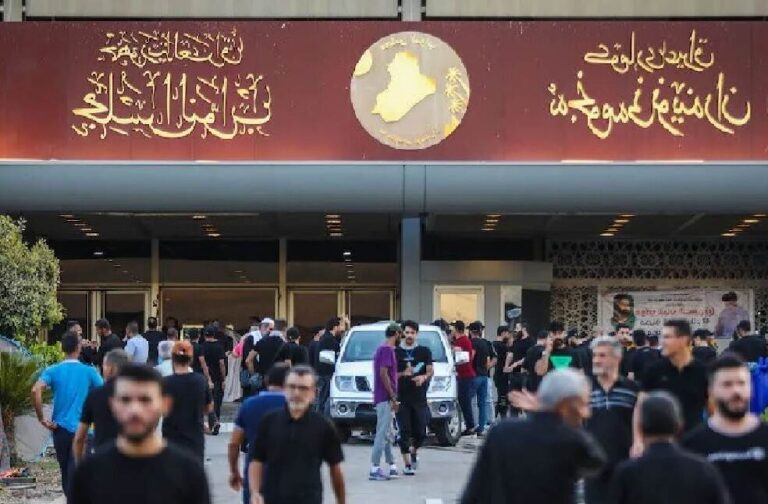Baghdad, Iraq: The Iraqi Parliament has adopted a new administration, marking a significant development amid fatal events after contested elections and violent warfare among Shiite Muslim factions.
The nation, an oil-rich but war-torn territory, suffers from pervasive corruption, high unemployment, and crumbling infrastructure. The 21-member cabinet of Prime Minister Mohammed Shia al-Sudani is expected to confront numerous difficulties.
“Our ministerial team will shoulder the responsibility at this critical period, in which the world is witnessing tremendous political and economic changes and conflicts,” Sudani’s office mentioned in a statement after the vote.

These adjustments will “bring new problems to our country, which is already grappling with accumulating crises, which have had effects on our population on the economic, social, humanitarian, and environmental fronts,” the office further noted.
The Sudanese administration won the support of the legislature, but it did not provide a breakdown of the vote, which was cast by show of hands. However, 253 of the 329 members of the parliament were present for the meeting.
Sudani was picked to head the new administration as a result of months of political stalemate caused by disputes between important Shiite Muslim groupings.

In response to a request by Sadr, a cleric who previously led a militia against American and Iraqi government forces, Sudani has promised to organize early elections “within a year.” The new leader and his government have been confirmed at a period where Iraq is dealing with multiple difficulties and a devastated economy. Decades of war have undermined government institutions, and the level of corruption is rife.
Over $400 billion in state funds were thought to have vanished from state coffers in the nearly 20 years since Saddam Hussein’s overthrow in official estimates released last year. Adopting a budget for 2022 would be one of Sudan’s first tasks and is essential to unlocking the substantial oil export revenues that have been stashed up in the central bank’s vaults.

The enormous $87 billion in foreign exchange reserves are required to begin up infrastructure and implement long overdue reforms. Although having enormous oil and gas reserves, the UN estimates that 35 percent of Iraq’s 41 million people are currently living in poverty and 35 percent of its youth are jobless.
The UN mission in Iraq declared that it “welcomes confirmation of the Iraqi government, reaffirms readiness to support.”



